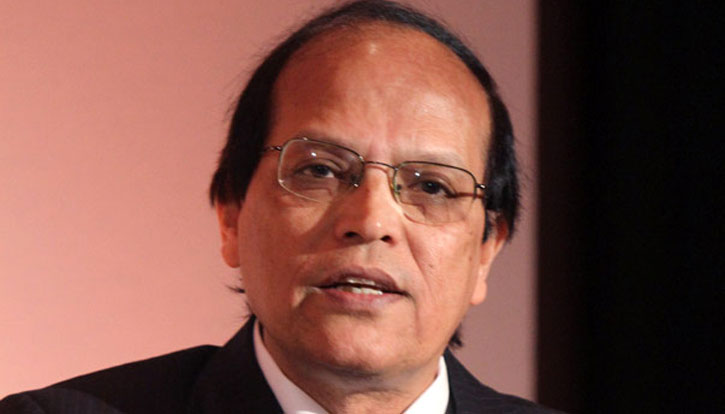Bangladesh Bank Governor Dr. Atiur Rahman participated in a Banking and Monetary Policy related Governors’ panel discussion this morning (23 June, 2013) on the occasion of Annual General Meeting of Bank of International Settlements (BIS) at Basel. The panel was chaired by Christian Noyer, Chairman of Board of BIS and Governor, Bank of France. William Dudley, President of FRBNY, Mervyn King, Governor, BoE, Jean-Claude Trichet, Former President of ECB were the panelists. The keynote speech titled Andrew Crockett Memorial Lecture on Unconventional Monetary Policy was by Professor Raghuram Rajan, Chief Economic Adviser, Government of India. Professor Rajan raised a number of questions about the ways central banks, particularly the advanced economy central banks, responded to situations unfolding before and after the financial crisis. Elaborating the possible unintended consequences of unconventional monetary policies, he cautioned about the hazards of risk buildup and investment distortions. The issue of spillovers from cross-border capital flows, particularly of asset price booms, was also highlighted by Professor Rajan. He spoke in favor of close cooperation of monetary policy makers, remaining down to earth in crises. Taking the floor Dr. Rahman spoke out candidly about the voices and concerns of the less developed and emerging economies not always being adequately reflected in such discussions although they have responded far better during the crisis. Giving Bangladesh’s examples, Dr. Atiur Rahman said that Bangladesh Bank walked on two legs i.e., prudent monetary policy and commitment financial inclusion. This protected lending flows to productive pursuits of the unbanked and underserved like farmers, SME and of course exporters; leading both to robust demand creation and supply augmentation, maintaining required balance. Bangladesh Bank credit policies also discouraged nonproductive investment and strengthened monitoring of quality of loans; boosting the real economy and employment creation leading to six plus percent stable annual GDP growth rate for more than a decade. The end result has been steady poverty decline, robust social development and desirable financial stability. Dr. Rahman urged upon fellow Governors to disseminate these positive experiences with such unconventional monetary policies as pursued by countries like Bangladesh.
(Source: Bangladesh Bank press release)




